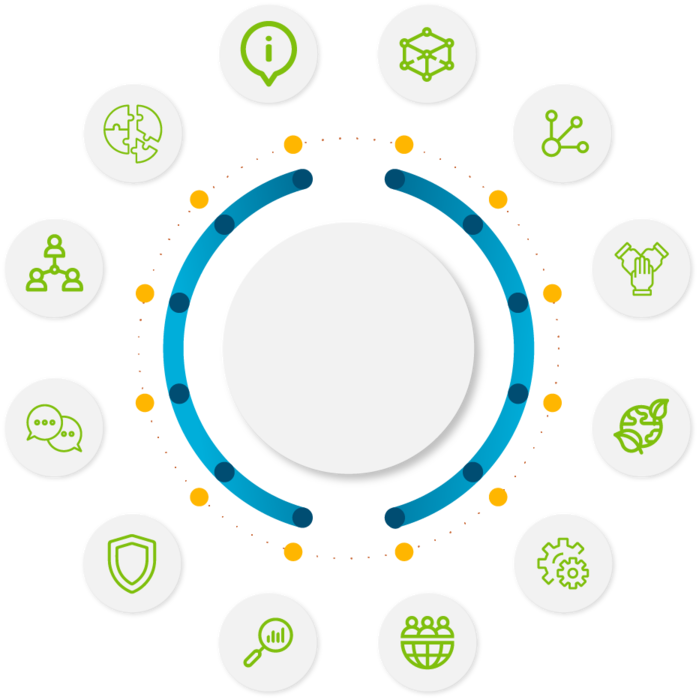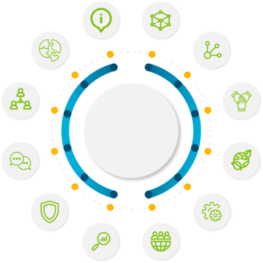Toolbox
Good practices for NDCs
The concept of good practices for climate action is often used to refer to processes, programs and projects that contribute to the achievement of climate change mitigation and adaptation goals. However, except for the definition of good practices used by the IPCC to indicate that all decisions should be based on robust science, there is no operational concept applied to the international and national public policy arena.
This conceptual gap needs to be filled to support what each country or civil society organization or initiative, academia and the private sector, is doing in pursuit of climate action and the achievement of goals framed in the NDCs.
The concept of good practices for climate action and NDCs defines a good practice as a set of actions directed to the design, implementation and evaluation of NDCs, as well as mitigation and adaptation measures in each country. Through these, positive results are generated based on the commitments established in the agreements and instruments that constitute the macro-regime.
From the macro-regime development approach,
good practices for climate action and NDCs should have an integral approach that promotes processes from the nexus between mitigation and adaptation to climate change. In addition, they incorporate the synergic action of different institutions, national strategies and international commitments to promote the social and economic development of the population. Finally, all good practices contribute to the eradication of poverty and sustainable development, incorporating a gender, intercultural and social justice dimension to guarantee more rights for more people in the face of the adverse effects of climate change.
Click on the icons to know the principles

